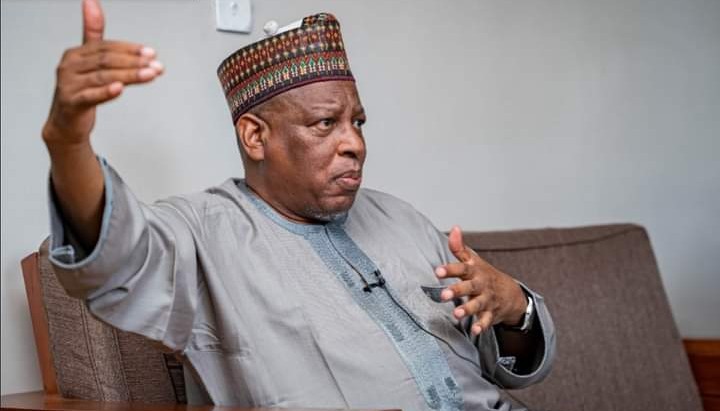In it’s move to enhance basic education infrastructure across Nigeria, the federal government has approved an increase in the Universal Basic Education (UBE) matching grants allocated to states. The new grant, amounting to ₦3,554,642,584.46 per state, marks a substantial rise from the previous allocation of approximately ₦1.3 billion.
Dr. Hamid Bobboyi, Executive Secretary of the Universal Basic Education Commission (UBEC), announced the development during a financial training session for State Universal Basic Education Board (SUBEB) Chairmen and Board Secretaries in Ibadan on Thursday. Bobboyi stated that the increase in matching grants was facilitated by the passage and presidential assent of the 2024 Appropriation Bill.
“The 2024 Federal Government Statutory Allocation of the UBE Matching Grant to each state is now ₦3,554,642,584.46. This allocation is in accordance with Section 11 (2) of the UBE Act, 2004,” Bobboyi explained. He further noted that state governments are required to provide an equivalent amount as a counterpart fund to fully access the grants for the 2024 UBE intervention projects.
This increase in funding comes from two percent of the consolidated revenue fund dedicated to supporting basic education in Nigeria. Dr. Bobboyi emphasized that this boost reflects the government’s commitment to improving the education sector, especially in the face of rising inflation.
Bobboyi also urged states that have yet to access the 2023 matching grant, totaling ₦1,395,784,959.14 as of July 1, 2024, to expedite the process. He expressed optimism that the increased funds would significantly benefit states, particularly as they stand to receive a combined total of around ₦6.6 billion when their counterpart funding is included.
Addressing the broader context of basic education in Nigeria, Dr. Bobboyi highlighted the challenges faced by the sector, noting that approximately 46 million children are currently enrolled in schools nationwide. He underscored the importance of basic education, which extends up to the secondary school level according to the Sustainable Development Goals (SDGs).
The Executive Secretary called on state governments and SUBEBs to collaborate closely to address the issue of out-of-school children, emphasizing the need for collective efforts to overcome the challenges in the education sector. He also noted that quarterly meetings of SUBEB Chairmen and Secretaries provide a platform to address these challenges and devise effective solutions.
The training session in Ibadan was attended by SUBEB Chairmen, Permanent Secretaries, and Executive Secretaries from across the country, underscoring the importance of the initiative in strengthening Nigeria’s basic education infrastructure.
